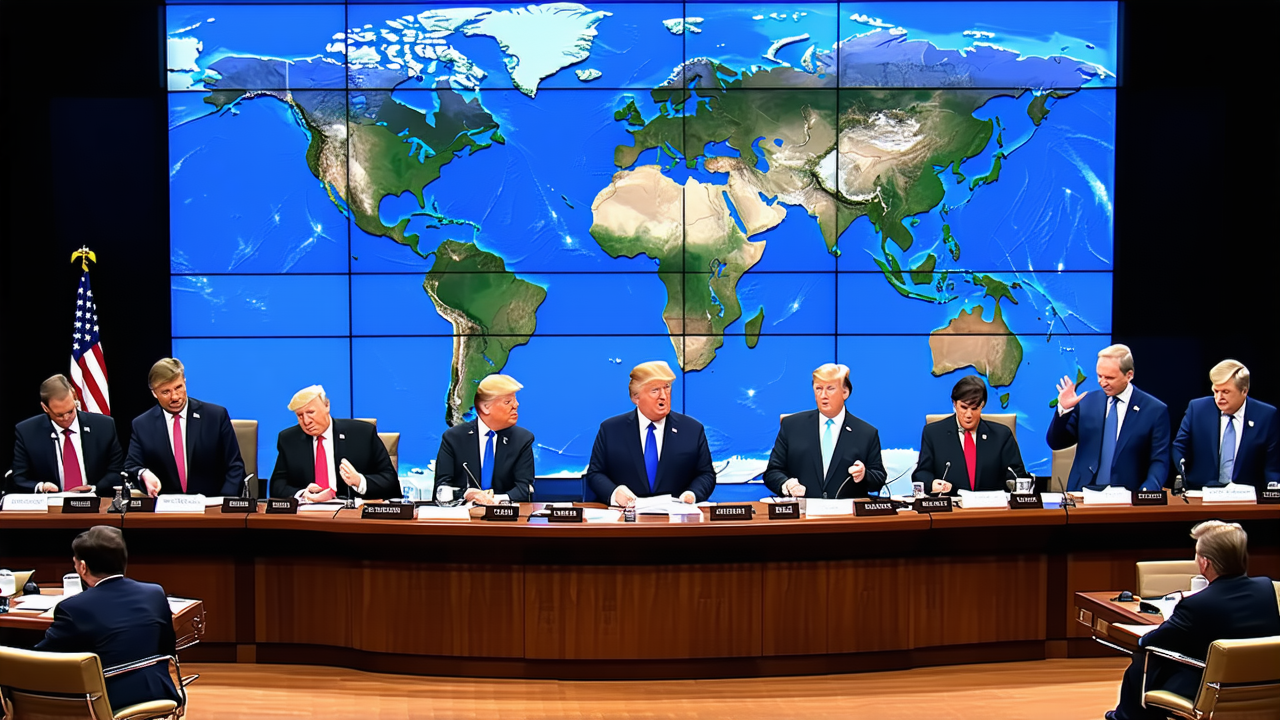New Zealand Considers Further Action on Gaza Crisis: Five Options Explored
New Zealand Considers Further Action on Gaza Crisis: Five Options Explored
As the humanitarian crisis in Gaza deepens, with images of malnourished children and displaced families dominating global headlines, international pressure on Israel has reached a tipping point. In response, a coalition of 28 nations, including New Zealand, has issued a strongly worded joint statement calling for an immediate ceasefire and condemning the denial of humanitarian aid to Palestinians. This marks a significant shift in global diplomacy, with Western democracies now aligning with Global South nations in challenging Israel's actions.
The statement, signed by countries including France, which has now pledged to recognize a Palestinian state at the United Nations, underscores a growing consensus that the current situation in Gaza is untenable. The signatories have also declared their readiness to take “further action” to support an immediate ceasefire and a path to peace in the region. But what might that action look like for New Zealand, given the current geopolitical landscape and the intransigence of Israeli Prime Minister Benjamin Netanyahu?
Five Potential Options for Further Action
While the joint statement has been a powerful statement of intent, concrete actions remain to be taken. Here are five potential paths New Zealand could pursue in the coming months:
-
1. Cease Trade with Israel
Despite the joint declaration, all signatories continue to trade with Israel. Companies operating in the occupied Palestinian territories have been criticized by the UN. A potential solution could be the passage of a private member’s bill by Greens co-leader Chlöe Swarbrick, which would sanction unlawful occupation of Palestine. The bill would draw on the existing Russia Sanctions Act, passed during the Ukraine war.
-
2. Reform Immigration Policies for Palestinians
New Zealand has already established a special visa category for Ukrainians and their families. Extending similar provisions to Palestinians, based on family reunification, could be a meaningful step towards offering refuge to those fleeing the conflict.
-
3. Initiate an Intelligence Inquiry
The Inspector-General of Intelligence and Security could investigate whether New Zealand's intelligence sharing with Israel, particularly through the Five Eyes network, is indirectly aiding military actions in Gaza. This would align with calls from a group of lawyers last year, though the request was initially denied.
-
4. Withdraw from Operation Prosperity Guardian
New Zealand’s participation in the US-led coalition against Houthi attacks in the Red Sea could be seen as indirect support for Israel. Withdrawing from the operation may signal a clearer stance against the ongoing conflict in Gaza.
-
5. Refer Netanyahu to the International Criminal Court
The use of starvation as a method of warfare is a recognized war crime. Referring Israeli Prime Minister Benjamin Netanyahu to the International Criminal Court could be a bold move, though it may provoke backlash from Israel and the US. However, as a signatory to the joint statement, New Zealand could act unilaterally or in concert with other nations.
These five options are not only within New Zealand’s sovereign rights but also align with its long-standing commitment to a rules-based international order. The country has historically shown the power of small nations to drive global change, as seen in its nuclear-free policy. Now, with the joint statement, the door is open for further action that could shape the future of the region.
The question remains: will New Zealand take a stand, or remain silent in the face of a growing humanitarian catastrophe? The world is watching.
